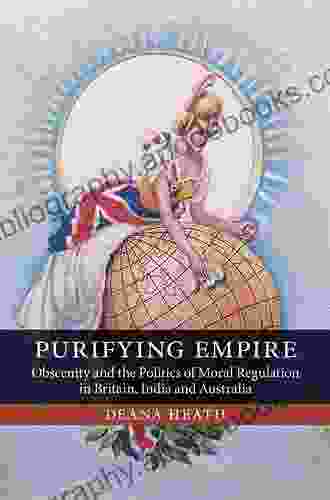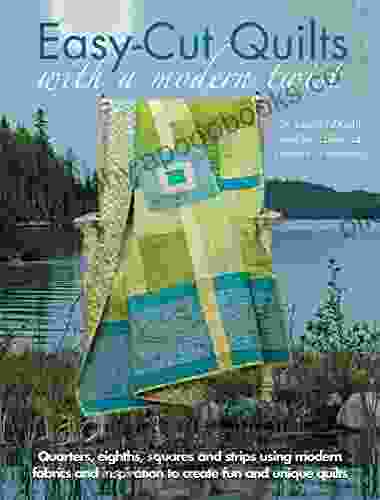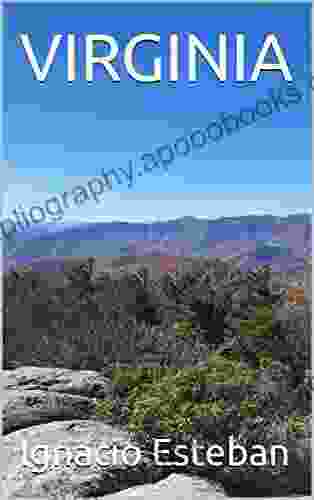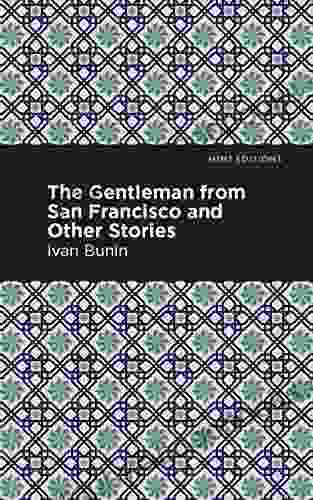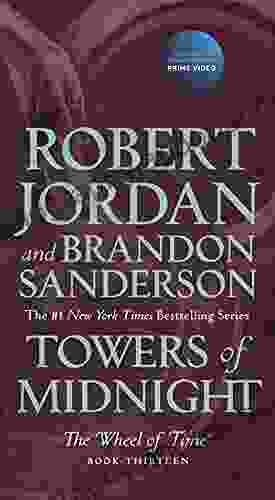Obscenity and the Politics of Moral Regulation in Britain, India, and Australia: Unraveling the Complexities of Censorship and Free Expression

The concept of obscenity has sparked intense debates and fueled political controversies throughout history. In the Victorian era, the suppression of sexually explicit materials was widespread, often under the guise of protecting morality and safeguarding public decency. As societies evolved and social norms shifted, the boundaries of obscenity became increasingly contested. In this article, we delve into the complex and nuanced history of obscenity regulation in Britain, India, and Australia.
Britain: From Victorian Prudishness to Permissive Society
In 19th-century Britain, the Obscene Publications Act of 1857 criminalized the possession, publication, and dissemination of any material deemed grossly indecent or obscene. The act was largely driven by Victorian sensibilities that equated sexual expression with immorality and social decay. The authorities used it to suppress works by prominent authors and artists, such as James Joyce's "Ulysses" and D.H. Lawrence's "Lady Chatterley's Lover."
4.8 out of 5
| Language | : | English |
| File size | : | 1279 KB |
| Text-to-Speech | : | Enabled |
| Screen Reader | : | Supported |
| Enhanced typesetting | : | Enabled |
| Word Wise | : | Enabled |
| Print length | : | 248 pages |
| Lending | : | Enabled |
However, by the mid-20th century, attitudes toward obscenity began to shift. The growth of the women's liberation movement and the rise of countercultural movements challenged traditional moral codes and demanded greater freedom of expression. The Obscene Publications Act was amended in 1959, introducing the "public good" defense, which allowed defendants to argue that the publication of a work had literary, artistic, or scientific merit.
This change in legislation paved the way for a more liberal approach to obscenity regulation. In the 1960s and 1970s, the British film industry experienced a period of unprecedented freedom, with movies such as "I Am Curious (Yellow)" and "Emmanuelle" pushing the boundaries of what was considered acceptable. The British Board of Film Censors, which had previously been responsible for enforcing censorship, became more tolerant of explicit content.
India: A Colonial Legacy and Complex Legal Framework
In India, the regulation of obscenity has been shaped by a complex interplay between British colonial influences and indigenous cultural values. The Indian Penal Code, introduced during British rule, criminalized obscenity under Section 292. However, the definition of obscenity remained vague and subject to interpretation, leading to inconsistent enforcement.
Post-independence, the Indian constitution enshrined the freedom of speech and expression, but also granted the government the power to regulate obscenity in the interest of public morality. The Cinematograph Act of 1952 established a Central Board of Film Certification (CBFC),which was responsible for certifying films based on their suitability for public viewing.
Over the years, the CBFC has been criticized for its conservative approach to censorship. It has banned or censored numerous films for depicting sexual themes, nudity, and other content deemed offensive to Indian sensibilities. The CBFC's decisions have sparked debates about the balance between artistic freedom and cultural sensitivity.
Australia: The "Lucky Country" and the Censorship Debate
Australia has a long and checkered history of obscenity regulation. During the colonial era, the censorship laws were largely influenced by British sensibilities. However, after federation in 1901, the Australian states and territories adopted their own censorship legislation, resulting in a patchwork of regulations.
The 1950s and 1960s saw a period of increased censorship in Australia, with the banning of numerous films and books deemed offensive to public morality. This period coincided with the rise of the Cold War and the fear of communist propaganda. However, by the late 1960s, attitudes toward obscenity began to liberalize.
In 1970, the High Court of Australia ruled that the Commonwealth government had no constitutional power to censor films. This decision effectively ended federal censorship, leaving the states and territories responsible for regulating obscenity. However, the states have continued to differ in their approach, with some jurisdictions maintaining stricter censorship laws than others.
The regulation of obscenity is a complex and ever-evolving issue that reflects the changing moral and social values of a society. In Britain, India, and Australia, the history of obscenity regulation has been marked by periods of both repression and liberalization. As societies continue to grapple with the tension between freedom of expression and the protection of public morality, the debate over obscenity is likely to remain a topic of ongoing discussion and controversy.
4.8 out of 5
| Language | : | English |
| File size | : | 1279 KB |
| Text-to-Speech | : | Enabled |
| Screen Reader | : | Supported |
| Enhanced typesetting | : | Enabled |
| Word Wise | : | Enabled |
| Print length | : | 248 pages |
| Lending | : | Enabled |
Do you want to contribute by writing guest posts on this blog?
Please contact us and send us a resume of previous articles that you have written.
 Book
Book Novel
Novel Page
Page Chapter
Chapter Text
Text Story
Story Genre
Genre Reader
Reader Library
Library Paperback
Paperback E-book
E-book Magazine
Magazine Newspaper
Newspaper Paragraph
Paragraph Sentence
Sentence Bookmark
Bookmark Shelf
Shelf Glossary
Glossary Bibliography
Bibliography Foreword
Foreword Preface
Preface Synopsis
Synopsis Annotation
Annotation Footnote
Footnote Manuscript
Manuscript Scroll
Scroll Codex
Codex Tome
Tome Bestseller
Bestseller Classics
Classics Library card
Library card Narrative
Narrative Biography
Biography Autobiography
Autobiography Memoir
Memoir Reference
Reference Encyclopedia
Encyclopedia Marc Robinson
Marc Robinson Evelyn Juers
Evelyn Juers Paula Jacobsen
Paula Jacobsen David Schoenbrod
David Schoenbrod T L Smith
T L Smith Debra Chapoton
Debra Chapoton Richard Walter
Richard Walter Thomas P Peschak
Thomas P Peschak Robert Iannone
Robert Iannone John Lawton
John Lawton Itzhak Brook
Itzhak Brook Emily Sun
Emily Sun Aria S Halliday
Aria S Halliday Julian Fellowes
Julian Fellowes Debbie Magids
Debbie Magids Stephen Matthews
Stephen Matthews Max Monroe
Max Monroe David Thomson
David Thomson Leandra Ruth Zarnow
Leandra Ruth Zarnow Giovanna Borradori
Giovanna Borradori
Light bulbAdvertise smarter! Our strategic ad space ensures maximum exposure. Reserve your spot today!
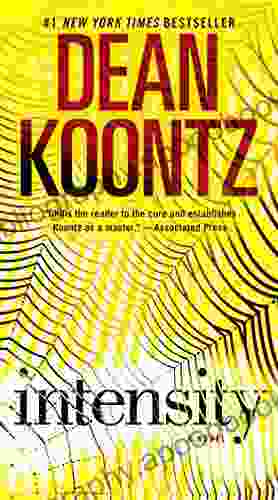
 Ignacio HayesIntensity by Dean Koontz: A Gripping Psychological Thriller That Will Keep...
Ignacio HayesIntensity by Dean Koontz: A Gripping Psychological Thriller That Will Keep...
 David Foster WallaceSteve Weber's "The North Runner": A Gripping Tale of Survival and Resilience...
David Foster WallaceSteve Weber's "The North Runner": A Gripping Tale of Survival and Resilience... Dean ButlerFollow ·9.3k
Dean ButlerFollow ·9.3k Jared PowellFollow ·16.2k
Jared PowellFollow ·16.2k Matt ReedFollow ·5.8k
Matt ReedFollow ·5.8k Jayson PowellFollow ·9.3k
Jayson PowellFollow ·9.3k Gavin MitchellFollow ·18.5k
Gavin MitchellFollow ·18.5k Paulo CoelhoFollow ·9k
Paulo CoelhoFollow ·9k Ian McEwanFollow ·14.5k
Ian McEwanFollow ·14.5k Evan HayesFollow ·7.3k
Evan HayesFollow ·7.3k
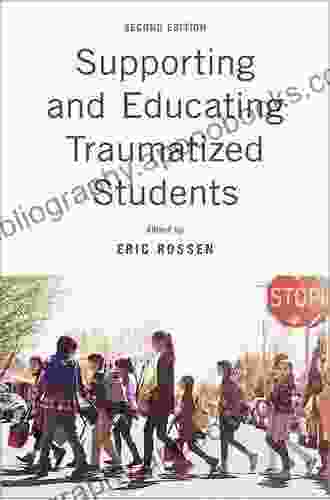
 Finn Cox
Finn CoxEmpowering School-Based Professionals: A Comprehensive...
: The Role of School-Based Professionals in...

 F. Scott Fitzgerald
F. Scott FitzgeraldThe Santa Fe Trail Twentieth Century Excursion: A...
Get ready to embark on an...
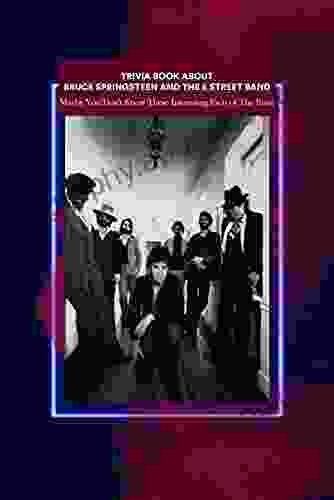
 Kendall Ward
Kendall WardThe Ultimate Trivia Guide to Bruce Springsteen and the...
Bruce Springsteen...
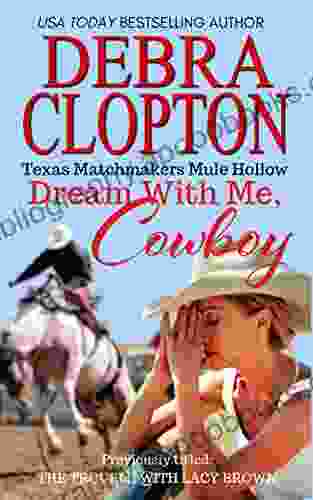
 Jedidiah Hayes
Jedidiah HayesThe Trouble with Lacy Brown: Texas Matchmakers - A...
Prepare to be swept...
4.8 out of 5
| Language | : | English |
| File size | : | 1279 KB |
| Text-to-Speech | : | Enabled |
| Screen Reader | : | Supported |
| Enhanced typesetting | : | Enabled |
| Word Wise | : | Enabled |
| Print length | : | 248 pages |
| Lending | : | Enabled |


